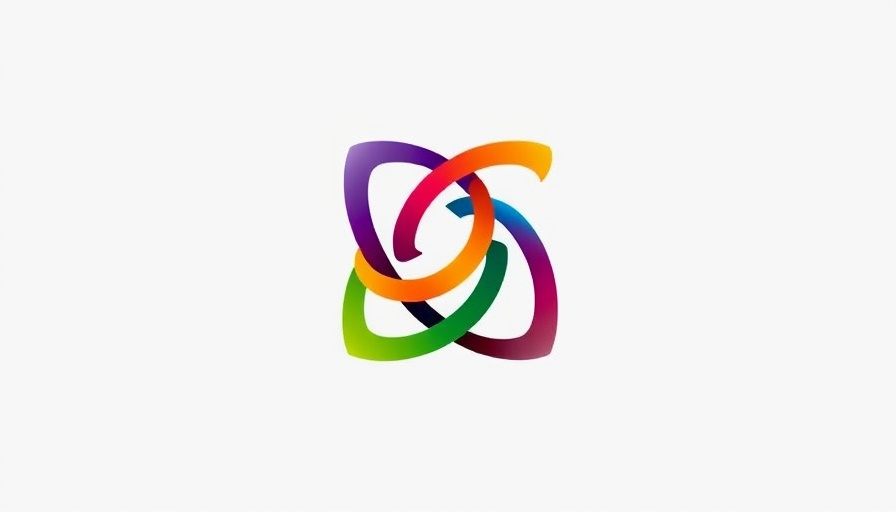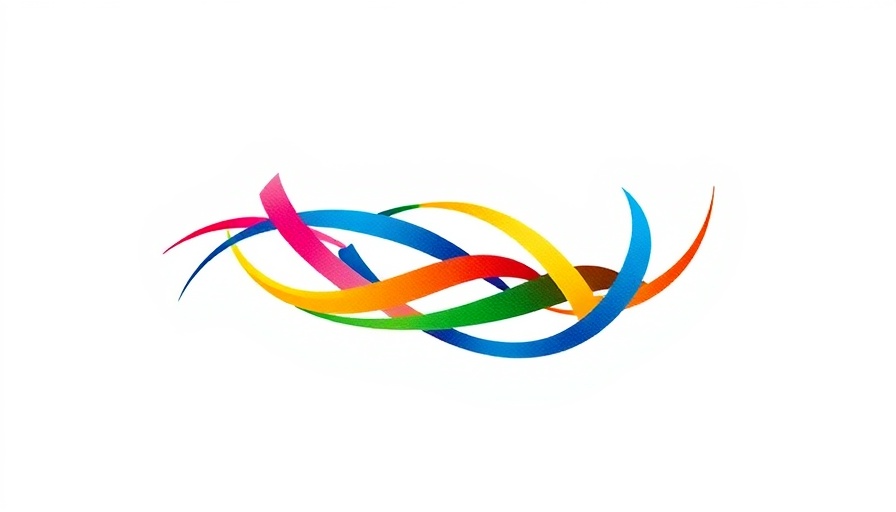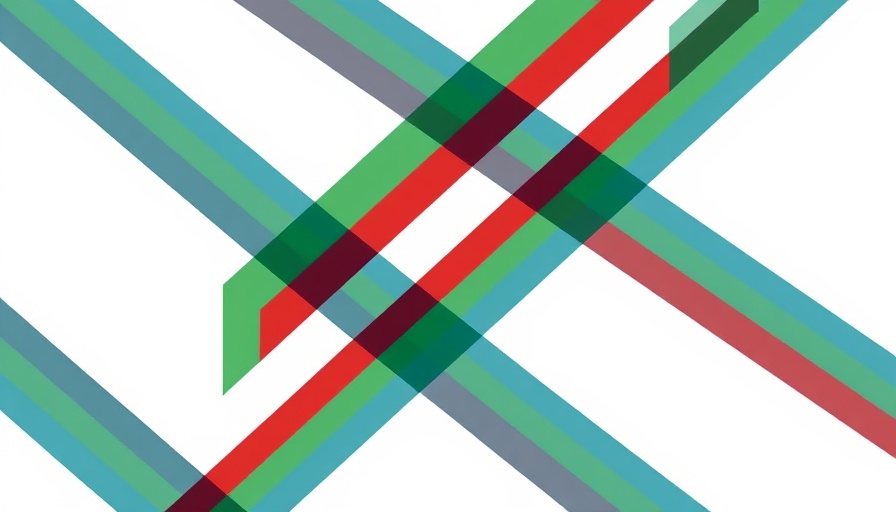
The Alarming Crisis of Refugee Healthcare in Chad
The plight of pregnant refugees in Chad highlights a startling deterioration in sexual and reproductive healthcare amid a critical funding crisis. In the Farchana Health Centre, waiting times for prenatal appointments stretch for hours, and the scarcity of midwives exacerbates the situation for expecting mothers like Amina, who is in her third trimester. She notes that medication shortages, including essential treatments, significantly impact the health risks for women. From a pre-crisis workforce of 32, the center now operates with just 10 staff members, showcasing an alarming decline in their capacity to respond to the mounting healthcare needs of the burgeoning refugee population.
Escalating Needs Amid Diminishing Resources
The eastern region of Chad is grappling with a dual challenge: a surging influx of Sudanese refugees fleeing violence and a steep decline in humanitarian funding. Currently, more than 1.2 million Sudanese refugees reside in Chad, with the Adré Health District now catering to 516,000 individuals. This staggering number overwhelms an already stretched health infrastructure, compelling workers like those at the Arkoum Health Centre to face untenable conditions with merely seven midwives tasked to care for a staggering population of over 70,000 people. The harsh truth given by Dr. Mahamoud Adam Ahmat indicates that prior assistance from partners has diminished, signalling a retreat from essential services in the face of growing humanitarian needs.
The Implications for Women and Girls
This decline in resources is not simply a logistical issue; it directly threatens the fundamental right to health for women and girls. The United Nations Population Fund (UNFPA) highlights their commitment to continue delivering essential supplies and training, yet the scope of the crisis far exceeds available aid. Vulnerable groups like pregnant women face increased risks of untreated complications, directly undermining their well-being and that of their unborn children.
The Role of Global Policymakers
As the situation deteriorates, the role of global policymakers and international agencies becomes increasingly critical. The funding freeze not only hampers local healthcare efforts but poses a significant threat to regional stability. It is now more vital than ever to press for renewed commitment to humanitarian efforts in Chad and foster policies that strengthen the resilience of healthcare systems in refugee-hosting countries.
Action Required to Alleviate Suffering
For those whose focus lies in Africa's socio-economic landscape, understanding the dynamics of this humanitarian crisis could drive investment in sustainable healthcare solutions. Immense opportunities exist for innovative approaches and public-private partnerships that could restore vital resources to healthcare systems in crisis. A collective, informed response could address both immediate humanitarian needs while paving paths towards long-term stability.
This unprecedented humanitarian challenge calls for swift action. Stakeholders across the spectrum, from international organizations to local governments and even private investors, must mobilize resources and commitment to safeguard the health of thousands in Chad’s refugee populations. Addressing the healthcare plight of pregnant women and girls is not only a moral imperative but also a cornerstone for building a stable and prosperous future for the region.
 Add Row
Add Row  Add
Add 


Write A Comment